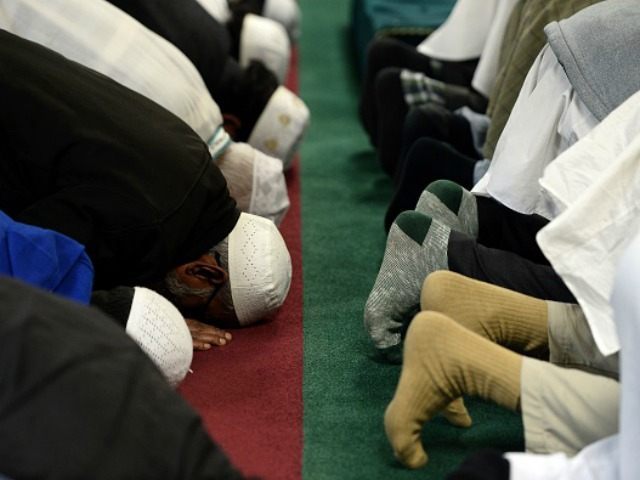Two Italian cities have signed “transparency pacts” with the local Islamic communities, stipulating the use of the Italian language in prayer services, including both preaching of the Friday sermon and the reading of the Qur’an.
Discussions between Islamic leaders and local government began after the jihadist attacks on Paris last November, and culminated with agreements aimed at encouraging greater assimilation of Muslims into Italian life. The pacts seek to promote “openness, integration and security” by breaking down linguistic barriers and encouraging greater involvement in the local civic community.
On Monday, the mayor of Florence, Dario Nardella, held a signing ceremony with the imam Izzedin Elzir, president of the Union of Italian Islamic Communities, along with the presence of other representatives of Muslim communities in Tuscany. The two men affixed their signatures to a document specifying that Friday sermons are to be preached in Italian and information booths to be set up in mosques in a spirit of openness.
“We wish to create a mutual commitment,” Nardella said, “which sees the administration and the Muslim community cooperating in appreciating the culture of legality and civic life, of information, promotion and sharing of our rules of civil society that are rooted in the Italian Constitution.”
“Above all there is the matter of legality and transparency,” said a representative of the mayor’s office.
The Florence pact provides for “programs intended to promote knowledge of the Italian language and culture and the principles of our cultural order, to take place both in cultural centers and places of worship.”
Along with the question of legality and transparency, Nardella also focused on the security issue. “The terrorist threat is defeated by a culture and awareness of an alliance between Europe and the democratic Arab nations,” he said.
Imam Elzir said he agrees fully with the new measures. “In Italy there are Muslims from 50-60 nations and not all speak Arabic, so it’s only right to speak in Italian,” he said.
“This is a very important, historic moment and with this initiative we wish to send a strong message to all citizens, inside and outside the Muslim community,” Elzir said.
Mayor Nardella qualified the pact as “significant” as well as “the first of its kind signed in Italy,” and one that would enhance the “culture of legality.”
“Tolerance and requests for mere respect for the law is insufficient,” Nardella said. “With this pact, we reinforce our identity as full citizens, based on shared values of our Italian Constitution, which includes the Constitutional principle of religious liberty, with its corresponding rights and duties.”
A similar event took place in Turin on Tuesday between the local mayor, Piero Fassino, and representatives of Islamic cultural centers of Turin. The pact provides for days of “open mosques” in which visitors are encouraged to stop by and Muslims can welcome them into their places of worship.
In order to better “comply with the values of the Constitution,” information desks will be established in mosques to make known the events and programs of the Muslim community, and both preaching and Qur’an readings will be held in Italian, alongside Arabic, officials said.
The Mayor of Turin expressed his hopes that the agreement would lead to improved relations between Muslims and the local community, and underscored in particular the need for coordinated efforts to combat terrorism.
The new pact leads all of us, Fassino said, “and especially the Islamic communities, to a commitment to condemn and counteract terrorism and to identify with the rules that regulate civil coexistence.”
The Turin pact affirms of the values of coexistence, mutual respect and common knowledge, as well as providing for the establishment of a permanent coordination with Islamic citizens’ centers and the creation of a bulletin board, in all mosques in Turin, with information on the life of the city.
Follow Thomas D. Williams on Twitter @tdwilliamsrome

COMMENTS
Please let us know if you're having issues with commenting.